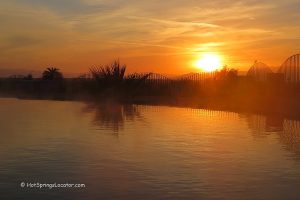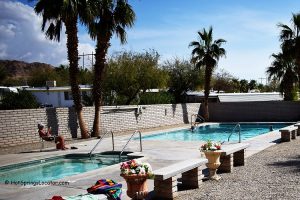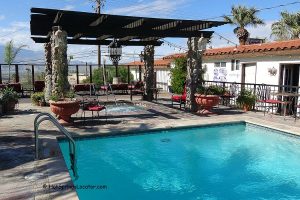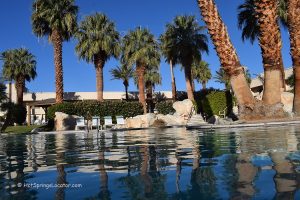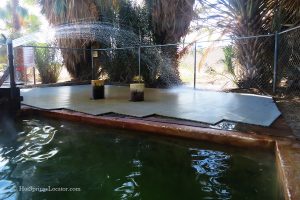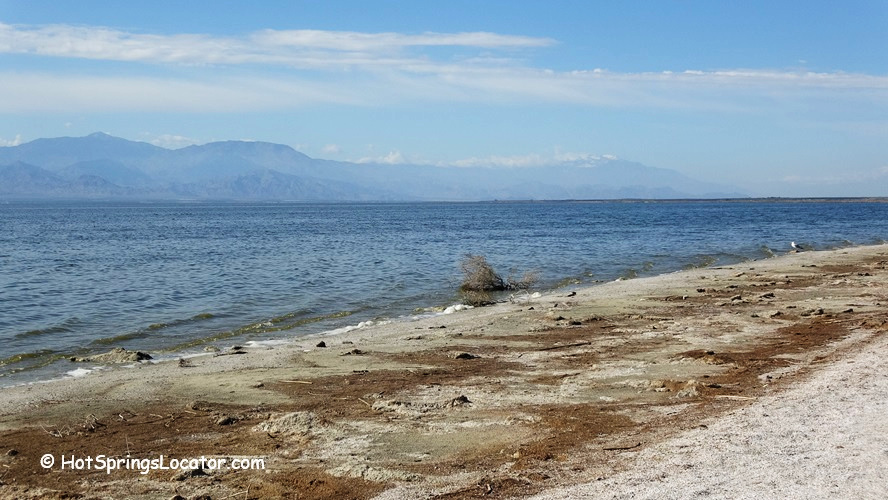
• The Salton Sea is saltier than the Pacific Ocean
• This is one of the largest inland seas in the world
The Salton Sea is a unique lake in Southern California created by a mix of human error and the forces of nature. It lies about a 1-hour drive southeast of Palm Springs and Desert Hot Springs.
This is the largest lake in the state and one of the largest inland seas in the world, covering about 343 square miles. It is also a prime location for nature lovers with hiking, camping, bird watching, and many hot springs in the surrounding area.
Accidental Creation
The Salton Sea was formed in 1905 when the Colorado River swelled from heavy rainfall and snow melt. This mass of water broke through the poorly constructed irrigation system, flooding the Salton Basin. Repairs took two years to succeed, but the flood had already created the 380-square-mile lake.
The Saltiest Water In The World?
The Salton Sea is a closed basin without an outlet for the water. However, due to the high Southern California temperatures, water evaporates at a high rate, leaving salts and minerals behind.
This process made the lake water saltier than the Pacific Ocean. The unique chemistry makes it an ideal place to study salinity and its impact on aquatic and wildlife.
Is The Salton Sea Going To Disappear Forever?
The short answer is "yes", unless we add more water to it. The lake has already lost about 40 square miles of the area and keeps losing more every year.
However, the lake's disappearance is not only an issue of the recreational spots closing down. It also means an ecological disaster. Evaporation increases the concentration of pollutants in the remaining water. It also leaves toxic chemicals behind on the dried soil just to be released, poisoning people and wildlife.
The shrinking lake releases a mind-boggling amount of toxins from munitions testing left from the World War 2 era to fertilizers, pesticides, and more. While the Salton Sea can still be an exciting place to visit for recreation now, we might not be able to enjoy it in the near future.
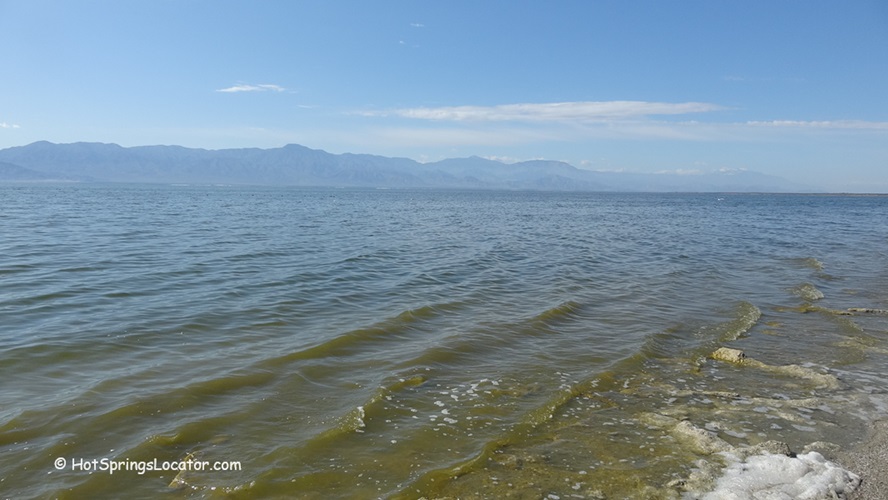
Salton Sea - Things to Do
Bird watching
The Salton Sea lies along the Pacific Flyway, attracting many birds. The lake and surrounding area currently support about 400 local and migrating species.
Fishing
Since the lake is very salty, only the Tilapia can survive here. This fish is plentiful, but it is best to avoid eating it due to contaminants in the water.
Salton Sea - Places To Visit
Salton Sea State Recreation Area: This is the largest recreation area around the Salton Sea. It spans 14 miles and has a developed campground and a day-use area.
Sonny Bono Salton Sea National Wildlife Refuge: The wildlife conservation area is excellent for photography and bird watching.
Bombay Beach: This apocalyptic-looking spot features artistic installations and abandoned buildings.
North Shore Beach and Yacht Club: A historic building designed by Albert Frey. No recreational activities.
Mecca Beach Recreation Area: This is a smaller and quieter spot compared to the Salton Sea State Recreation Area. There are picnic tables, flush restrooms, a developed campground, and other amenities.

Find Places to Stay
Salton Sea Camping and Lodging
The Salton Sea area offers several camping options, primarily within the Salton Sea State Recreation Area. Here are some notable campgrounds:
New Camp features 23 campsites with picnic tables, fire rings, and restroom access. Some sites also offer electric and water hookups.
Mecca Beach Campground provides basic facilities, including picnic tables, fire rings, and restrooms.
Camping availability and fees may vary seasonally, so checking current reservation requirements in advance is advisable.
For those seeking relaxation, the area also offers geothermal hot springs resorts, including Glamis North Hot Springs, Bashford's Hot Mineral Spa, and Fountain of Youth Spa, where visitors can enjoy natural mineral soaking.
If you prefer hotel accommodations, Palm Springs, a vibrant desert resort town about an hour away, offers a diverse array of lodging options to suit various preferences and budgets.

Salton Sea | Facts
Location: 50 miles southeast of Palm Springs • California • USA
Open: Year-round for 24 hours
Managed by: National Park Service
Acreage: 6,000,000 acres of water volume
Amenities: Restrooms, campgrounds, picnic tables and drinking water
Activities: Hiking, picnicking, swimming, fishing, camping, and wildlife watching
Day-use fees: Yes, at Salton Sea State Recreation Area
Road Access: Any vehicle
Elevation: -293 ft (-89 m)
More Adventures
Directions to Salton Sea (Mecca Beach Recreation Area)
From Palm Springs,
- Take I-10 East
- Follow I-10 East and CA-86 South for 37.2 miles
- Continue on CA-111 South for 12.5 miles to your destination.
Phone: 760-393-3052

